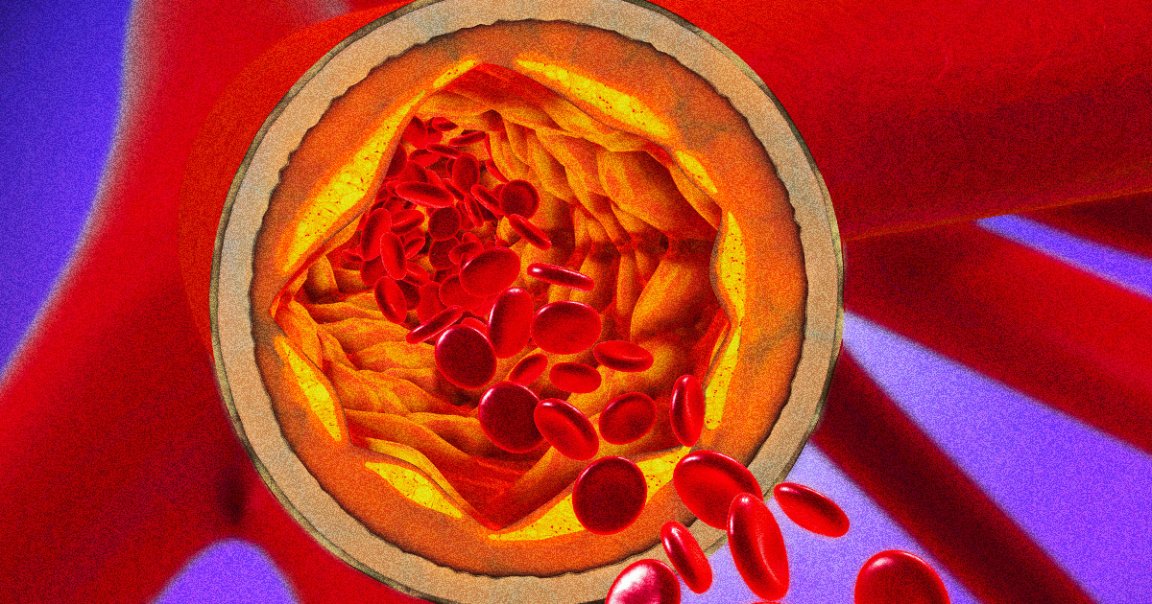
Researchers have been able to reduce dramatically the level of bad cholesterol in human subjects after injecting them with an experimental gene editing treatment, according to the science journal Nature, which is the first time this technique, called base editing, has been done on humans.
But at least one person died after receiving an infusion, prompting a round of safety concerns.
In the clinical trial, 10 subjects with congenitally high levels of bad cholesterol, aka low-density lipoprotein (LDL), were given an injection of VERVE-101, a gene-editing treatment that uses the base editing technique. This treatment then turned off the gene for the protein PCSK9, which is found in the liver and regulates LDL. High levels of LDL can lead to coronary heart disease.
Base editing harnesses CRISPR tools to change or edit specific portions of a gene in precise moves that avoid breaking apart DNA double strands, unlike previous gene editing techniques.
Results showed promise, with test subjects seeing their LDL cut down by as much as 55 percent after 28 days. Before the experiment, they had an average LDL of 193 mg/dL, which is sky high and can be life threatening. People should have less then 100 LDL, according to medical standards.
Six months after the injection, participants who received a high dose of VERVE 101 still enjoyed lower LDL levels.
“We don’t see that with the statin — we never see that much of a difference,” said University of Pittsburgh in Pennsylvania cardiologist Ritu Thamman to Nature. Thamman was not involved in the clinical trial.
But the treatment comes with drawbacks. Participants in the trial reported a brief bout of chills, fever and headaches — as if they were going through the flu, in addition to a transient surge in liver enzyme levels.
And out of the 10 test patients, one subject died from a heart attack about five weeks after getting VERVE-101, while a second participant had a non-fatal heart attack a day after the injection. Nature did report that a safety panel of third-party experts said that the fatal heart attack was not due to VERVE-101 and they were already suffering from “advanced heart disease.”
The biotechnology firm Verve Therapeutics of Boston, Massachusetts plans to launch a phase 2 clinical trial of VERVE-101 in 2025, according to Nature.
VERVE 101 is made up of two molecules of RNA inside a lipid nanoparticle, according to Nature. One molecule sniffs out the PCSK9 gene while the other RNA edits the gene itself. When VERVE 101 is injected into a human test subject, the package makes its way to the nuclei of liver cells, where the RNA editing molecule makes a precise change to the PCSK9 gene by altering one of its nucleotide bases. This move prompts the deactivation of the PCSK9 gene, and hence the liver stops making PCSK9 proteins, sparking a reduction in LDL levels.
The work could be groundbreaking, in other words — but there are also many unknowns as to how gene editing will impact the rest of the human body. The research team will follow the surviving test subjects for the next 14 years to find out.
More on gene editing: Monkey Lives for Two Years With Gene-hacked Pig Kidney